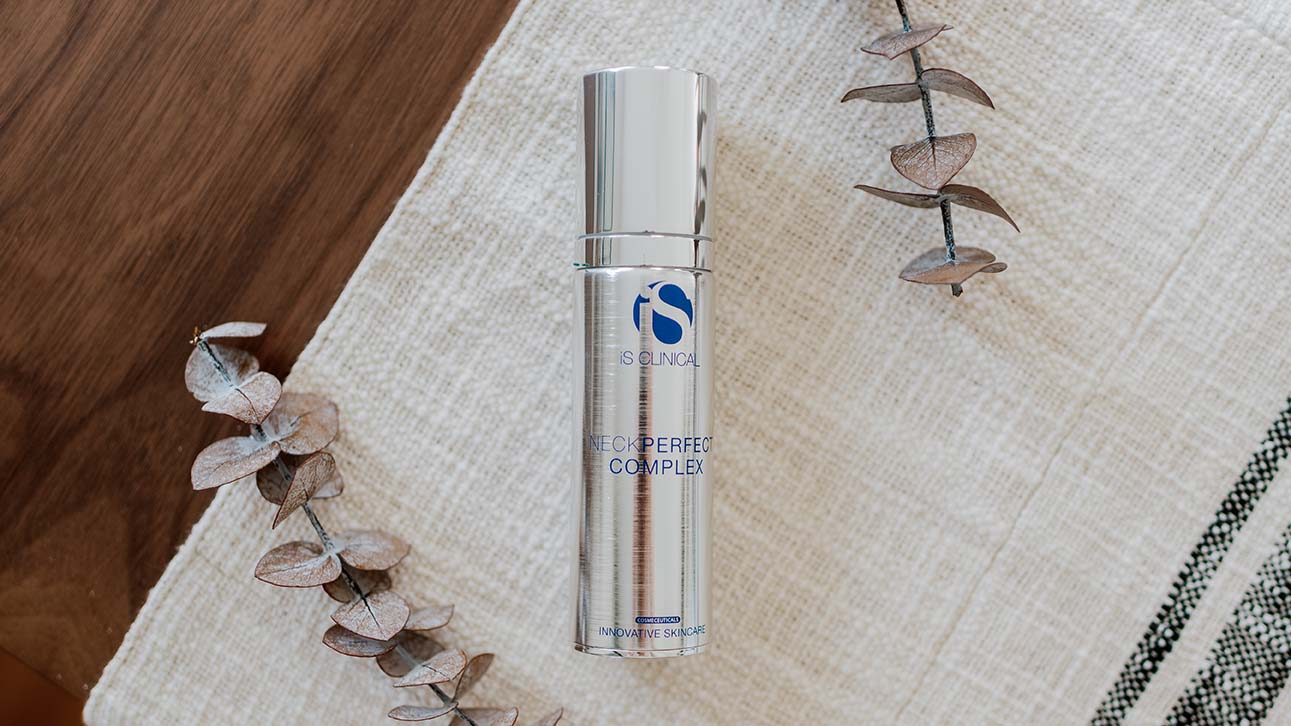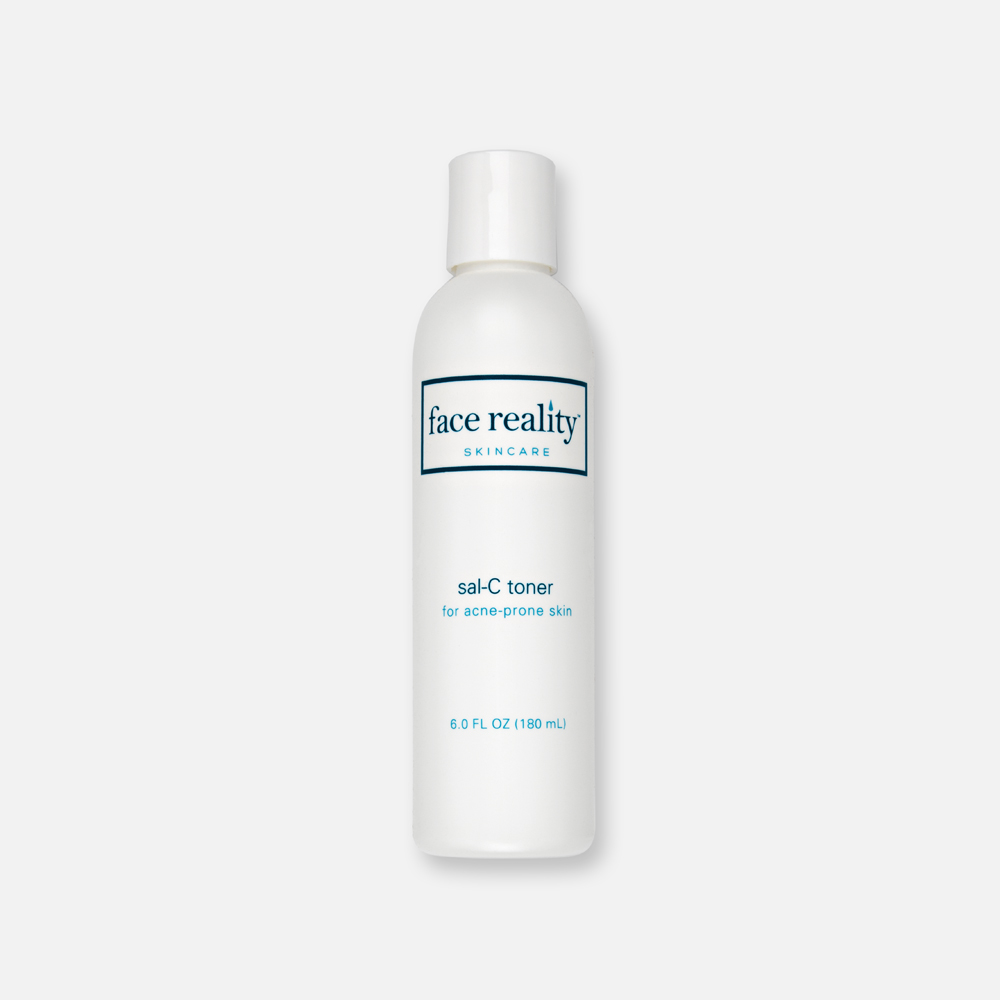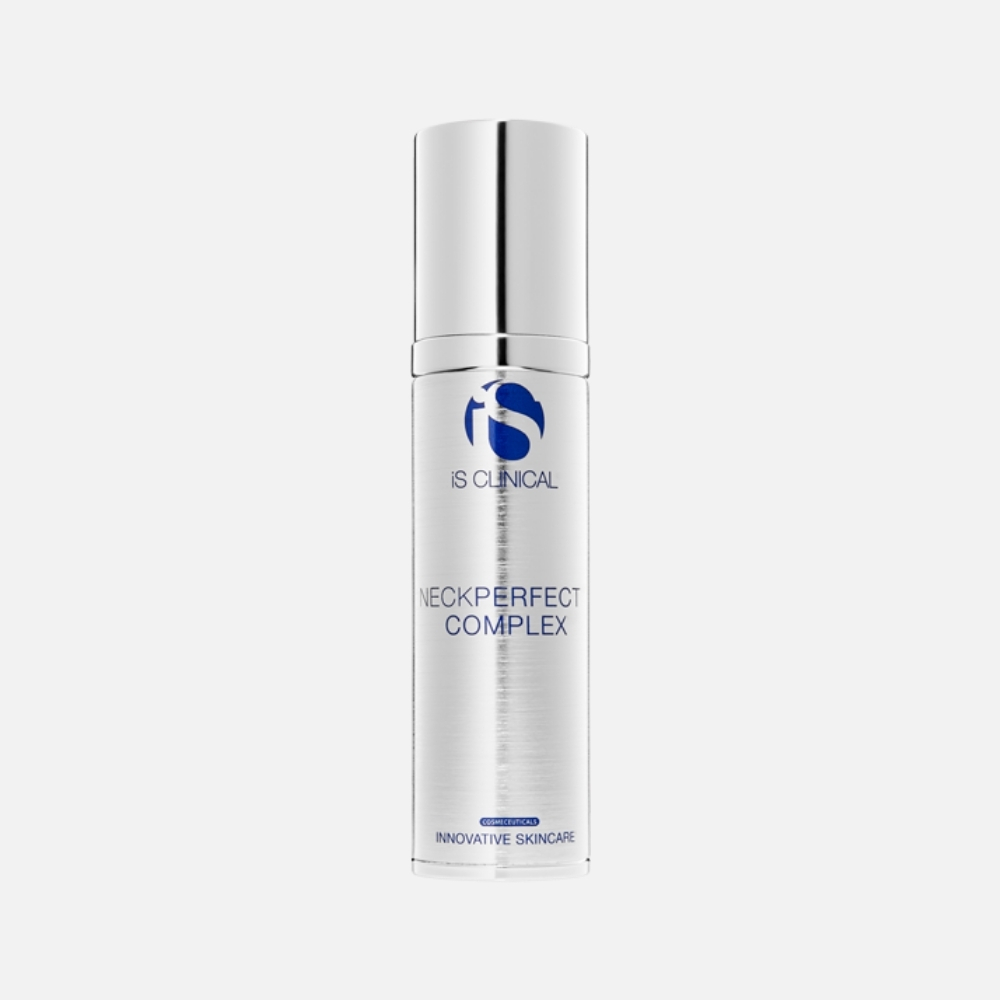
Okay, let’s talk about alcohol for a minute. And no, I’m not talking about wine nights with the girls (as much as I love a good glass of Pinot). We’re going to talk about alcohol in skincare products. I know what you’re thinking- “Alcohol in skincare is bad, right?” Well, the fact is, alcohol can be bad. If you’re not careful, it may cause dryness and skin irritation. But, when used correctly, alcohol has plenty of benefits. Allow me to help you separate fact from fiction.
DIFFERENT TYPES OF ALCOHOL
Not all alcohols are created equal, and that’s especially true in skincare. There are a few different types of alcohols I want to talk about today, and it may surprise you to know they can be found in almost every skincare product. These compounds are in your cleansers, toners, and even some lotions. Okay, that sounds scary. But don’t worry; many alcohols are either harmless or beneficial to your skin. So what are the different types of alcohol?
LONG-CHAIN ALCOHOL
Long-Chain Alcohol, or Fatty Alcohol, is usually high in molecular weight and derived from natural fats and oils. These qualities mean that they typically have a thick, waxy texture and help moisturize or condition skin. They contain more atoms, meaning they’re larger molecules, which is why we call them “long-chain” alcohols. These alcohols go by a few different nicknames on your ingredient lists:
- Cetyl (Palmityl) alcohol
- Caprylic alcohol
- Cetearyl alcohol
- Stearyl alcohol
SHORT-CHAIN ALCOHOL
Short-Chain Alcohols, sometimes referred to as Simple Alcohols, are what you think of as “drying” or bad for the skin. They evaporate rapidly from the skin’s surface, often taking moisture with them. This process creates that dry skin feeling associated with alcohol.
So why use it on your face? While they’re not ideal in large amounts, they can help improve the efficacy of your products. The trick is to keep an eye on that ingredient list. High percentages of Short-Chain Alcohol tend to cause more adverse effects, whereas small quantities are harmless.
Here’s how you might see these alcohols listed:
- Isopropyl alcohol (aka rubbing alcohol)
- Ethanol (ethyl alcohol, denatured alcohol, SD alcohol 40)
FUNCTIONAL ALCOHOL
Alright, I want to talk about one last alcohol: Functional Alcohol. These molecules function as active ingredients in skincare. They’re necessary for life and they’re essential for healthy skin.
Some star players you might have heard of:
- Retinol (Vitamin A)
- Panthenol
- Menthol
WHY USE ALCOHOL IN SKINCARE?
So why use alcohol on your skin at all? We know that there are tons of different types of alcohol, but what do they do for our skin? Well, let’s go over a few key benefits.
- Alcohol can act as a solvent– dissolving another ingredient or thinning out the mixture.
- It can be an emulsifier, allowing two different substances to blend together.
- It can also be used as a buffer– to balance the pH of a product.
- Used as a stabilizer, it can prevent the separation of products.
- It enhances the delivery of ingredients into the skin, boosting the product’s efficacy.
- Alcohol has antibacterial properties and can help reduce breakouts.
- Along with other antimicrobials, it can act as a preservative.
BENEFITS OF LONG-CHAIN ALCOHOL
Okay, not to pick favorites here, but long-chain alcohols are an absurdly excellent ingredient. Long-chain alcohols don’t like to evaporate from the skin, so they mainly function as moisturizers and humectants. Due to their moisturizing properties, they help hydrate the skin. In fact, these alcohols can’t cause dryness at all. These alcohols are lipid-soluble, meaning they break down in fats. They’re oily or waxy in nature and the total opposite of drying. These characteristics are great news for folks with dry or sensitive skin.
BENEFITS OF SHORT-CHAIN ALCOHOL
Listen, we know Ethyl Alcohol has a bad rap, but allow me to change your perspective. Just look at this plethora of benefits!
Short-Chain Alcohols have antiseptic and antibacterial qualities, meaning they can help reduce breakouts! (Hello, clear skin!) They also do a stellar job at improving the penetration of active ingredients into the skin. This can mean the difference between a great formula and an ineffective formula. Short-Chain Alcohol also acts as a fabulous solvent, dissolving certain ingredients to enhance functionality.
I did mention earlier that these alcohols tend to evaporate quickly, and while that’s not ideal for all skin types, it does mean the product will absorb into the skin faster. No one wants to have a sticky face hours after applying their serums or creams, right?
BENEFITS OF FUNCTIONAL ALCOHOL
We already know that vitamins and antioxidants improve skin health, but let’s go over a couple of our favorite overachievers.
Menthol, derived from the plant species mentha, is highly lipid-soluble. It’s a fantastic delivery agent, assisting in the penetration of other desirable actives in the product to various layers of the skin. Menthol is a counter-irritant, so it helps soothe damaged skin. Lastly, it acts as a stellar antioxidant.
Retinol, also known as Vitamin A, is another phenomenal antioxidant, and it’s great for preventing and reducing signs of aging. Highly lipid-soluble, so you don’t need to worry about dryness or dehydration. This vitamin is necessary for epidermal and cellular growth. It also promotes wound healing and boosts collagen synthesis.
The take-away? Alcohol is common in skincare, and while it certainly shouldn’t be the star ingredient on any list, it’s not always something you need to avoid. Learning the differences between certain alcohols can help you better understand their function in skincare products.
SOME OF OUR FAVORITE PRODUCTS THAT INCLUDE ALCOHOL
Face Reality Sal-C Toner utilizes Benzyl Alcohol to help the product evaporate, assist with active ingredient delivery, keep germs and bacteria from forming, and preserve the formula. It’s an excellent option for those struggling with acne.
iS Clinical NeckPerfect Complex contains Cetearyl Alcohol, used as an emulsifier to help thicken the product and keep it from separating. NeckPerfect is a fabulous anti-aging cream that adds hydration and increases skin elasticity.
Rhonda Allison Retinol Supreme is a retinol serum that utilizes the powerful anti-aging benefits of vitamin A to decrease fine lines and wrinkles while stimulating collagen synthesis.

